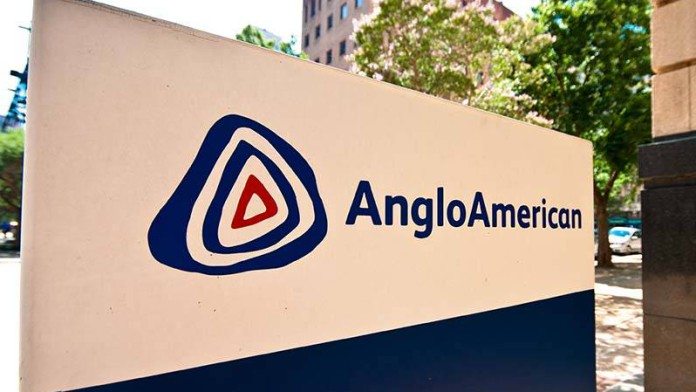
ANGLO American today unveiled plans for a $1bn share buy-back programme to be conducted in two $500m tranches, saying it was confident it had the balance sheet to fund projects of which a $226m coking coal extension project in Australia was the latest.
The Aquila project would extend the Grasstree underground coking coal operation in Australia by six years with development work set to start in September, Anglo said in its interim results today in which it increased the interim dividend to 62 US cents per share.
There was a 19% increase in interim underlying earnings before interest, tax, depreciation and amortisation (EBITDA) to $5.5bn, generating $1.3bn in attributable free cash flow. Mark Cutifani, CEO of Anglo American, said the results represented the best interim showing since 2011. The 47% EBITDA margin was the best ever. An attributable profit to shareholders of $1.9bn was delivered, a 46% year-on-year improvement.
“We have a balanced portfolio. Debt is in a good place and we have internal options on projects with good payback. We thought it appropriate that we share the improvements we delivered with shareholders,” Cutifani said in an early morning media call.
There was no intention with the share buy-back to potentially dilute the 19.6% voting interest of Volcan Investments, owned by Vedanta Resources executive chairman, Anil Agarwal. “We make decisions in the interests of all shareholders,” said Cutifani. “It is about achieving balance, and we have that at the moment,” said Stephen Pearce, Anglo CFO.
Agarwal caused a stir at Anglo’s annual general meeting on May 1 voting against the appointment of a proposed non-executive director because he thought the board did not sufficiently represent the group’s southern Africa exposure. Having an option to hold shares in Anglo, the step was construed as important moment of shareholder activism.
Providing details of the share buy-back, Anglo said that at an illustrative share price of £21.88 per share as of July 24, some 36.6 million shares would be purchased. Morgan Stanley had been instructed to run the book for the first $500m tranche. The company had returned $3.4bn in cash to shareholders since reinstalling the dividend in mid-2017.
Analysts said the numbers were positive. The buy-back was larger than expected by Morgan Stanley which said that based on the interim performance the valuation discount to its peers would “gradually close” provided the continued ramp-up of production at its Minas Rio iron ore mine in Brazil was achieved.
“The company has announced a $1bn buyback which at the current share price increases earnings per share by 3%, which we believe will be taken positively by the market,” said Goldman Sachs in a note. It had delivered “… a strong and clean set” of interim results “… featuring a strong sequential improvement”.
COAL
First production from the Aquila extension project – which locks in average annual saleable production of 3.5 million tons – would be in early 2022. However, the group is not planning to extend its thermal coal mining operations, especially in South Africa.
Asked if speculation that BHP might exit its remaining thermal coal mines would place additional pressure on Anglo to make an earlier-than-planned decision with its thermal coal exposure, Cutifani said there was no change in approach.
“From our point of view, we have done alot in the last two to three years,” he said in response to media questions. “We have halved our footprint in thermal coal and we have received alot of credit for that.
“It’s a work in progress. We are also sensitive to communities and government because it is their coal resource,” he added. “Thermal coal is about 5% of earnings so it is a small part of our portfolio, but we won’t be doing new things in thermal coal,” he said.
Civil and investment pressure on mining firms globally to pay greater heed to their impact on climate control has never been higher. Earlier this month, BHP announced it would spend $400m over five years cutting emissions from its operations which it hoped to keep at 2017 levels in its 2022 financial year.










